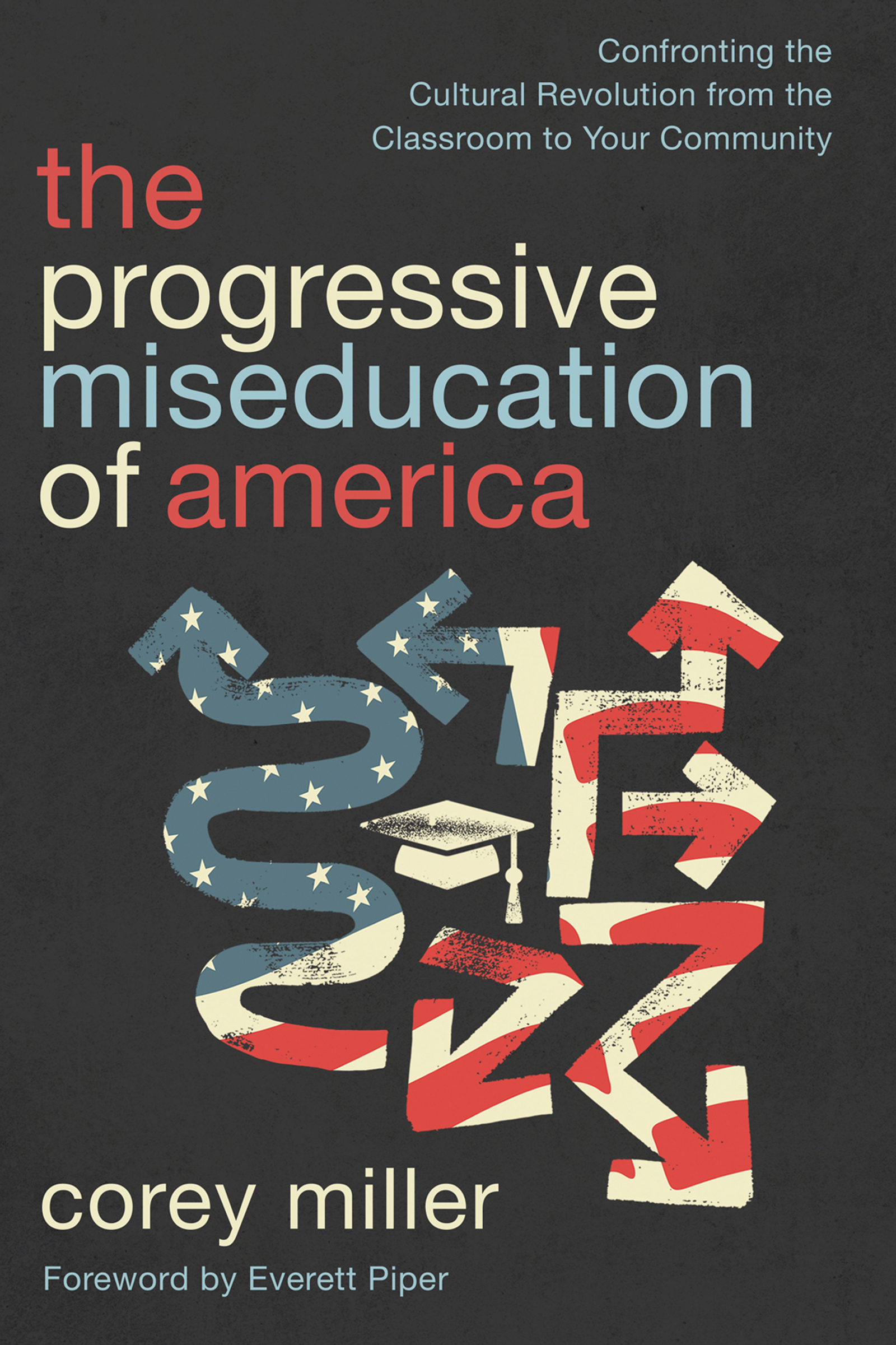
Today, Christian faith is often viewed as countercultural to the university, specifically by running counter to science. But is Christianity countercultural to science or to a certain naturalistic philosophy of science? Our culture underestimates the role of faith and overestimates the role of science. People who lived during the mid-nineteenth century seem to have had more in common with Moses or Abraham than with us. This can largely be attributed to the explosion of information and technology produced through science. To be sure, science is a very good means of acquiring knowledge about the physical world. Flowing from the university, however, contemporary culture often treats faith in a pejorative sense as if juxtaposed to science.
The common viewpoint in the university is articulated by Steven Weinberg, a Nobel Prize winner in physics, who said, “The World needs to wake up from the long nightmare of religion. Anything we scientists can do to weaken the hold of religion should be done and may in fact be our greatest contribution to civilization.”*
Opposite to this thinking, in 2013, Weinberg declined to participate in a debate I moderated at Purdue University, out of which came my book Is Faith in God Reasonable? Debates in Philosophy, Science, and Rhetoric. But another atheist, a philosopher of science, did participate. In his book The Atheist’s Guide to Reality, Alex Rosenberg sings a similar note, asking a plethora of questions:
Is there a God?
No.
What is the nature of reality?
What physics says it is.**
He informs us that the best reason to embrace atheism is that science adopted “scientism,” the conviction that the methods of science are the only reliable ways to secure knowledge of anything. After the scientific revolution, departments of academic disciplines began changing their names, ostensibly showing the new philosophical assumptions within the disciplines. For example, politics became political science. Psychology became psychological sciences. Scientism has come to dominate the intellectual landscape of academia for more than a century with a remarkable impact on culture. However, is science really the be-all and end-all of knowledge
Certainly, Jesus thought that the concept of knowledge was broader than science. Indeed, in John’s Gospel, Jesus is called the logos, from which we derive the English word logic. Logic is a precondition to science. The laws of logic are invisible (perhaps abstract) entities that are true for all people of all time and in all places. They are known with certainty and yet elude sense perception. Jesus viewed the central purpose of human life to consist in the knowledge of God. Knowing God isn’t something we gain by taste, touch, smell, and the like, yet it is nonetheless knowledge. Psalm 34:8 says, “Taste and see that the LORD is good.” But that is simply metaphorical. Christianity is a knowledge tradition, not a mere faith tradition. What we have is knowledge. The major concern of philosophers and theologians during the Middle Ages was largely a project expressed in Latin, fides quaerens intellectum, which means “faith seeking understanding.”
The great halls of reason, the modern universities, were for centuries largely established in the context of and motivated by the Christian faith. Most of the founders of the subdisciplines of science were Christians. Faith informed and inspired their scientific efforts and reflections. Consider Mendel in genetics, Pasteur in bacteriology, Kepler in astronomy, Linnaeus in taxonomy, Newton in physics, Boyle in chemistry, and Maxwell in electrodynamics. The list goes on and on. These were innovators who saw themselves as reading the two books of God, God’s world and God’s Word, nature and Scripture, as said by the father of modern science, Francis Bacon. Ironically, Weinberg is found to be in the minority. From 1901–2000, more than 65 percent of Nobel laureates were Christians.*** Not only is faith shown to be compatible with science, but it motivated its emergence and flourishing.
–––
* Cited in John C. Lennox, Gunning for God: Why the New Atheists Are Missing the Target (Oxford: Lion Hudson, 2011), 18. See also Lennox, Can Science Explain Everything? (London: The Good Book Com-pany, 2019).
** Alex Rosenberg, The Atheist’s Guide to Reality: Enjoying Life Without Illusions (New York: W.W. Norton, 2011), 2–3.
*** Baruch Aba Shaber, 100 Years of Nobel Prizes, 3rd ed. (Los Angeles, CA: AmericasGroup, 2005), 57–61. When it comes to the Nobel Peace Prize, nearly 80 percent were Christian and only 6 percent nontheist.

Read more in The Progressive Miseducation of America
by Corey Miller


